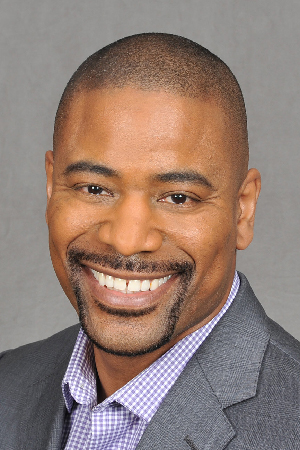As it relates to Diversity, Inclusion & Bias, there are a few truths that many of us have realized, including those of us who work to help leaders lead better thru the lens of culture and strategy.
Here are four of those truths to hold onto as you lead your organizations in 2022.
Definitions Matter
Over and over again, we have seen that organizations would do well to take advantage of the low-hanging fruit of developing consistent definitions for critical and sensitive language. Key in this area are definitions for Diversity, Inclusion, Equity and Bias. Yes, there are global definitions, and these are important, but it is even more critical to customize the definitions around the culture of the organization. The result of this is language that relates directly to the work and the “guts” of the organization.
Further, it is important to note that the definitions, or the focus of the definitions, can change over time. This is OK, expected, and necessary. An ever-evolving set of definitions provides team members with an understanding of the organic and flexible nature of both the organization and the leadership.
It Must Be Top Down
In our recent past, much of the energy for culture change in organizations has come from the entry level areas of the organization and the managerial and supervisory level. This involvement and engagement was, in many ways, the best thinking of the moment and has taken us this far. The last 18 months has provided an opportunity for senior leadership across organizations to be thrust into the driver’s seat with this work.
And we are starting to see the results.
When senior leadership takes ownership of a significant change in an organization, the change happens differently than when it is at the entry and managerial levels. For those of us that are of a certain age or more, we remember the phrase “trickle down economics” in a way it applies here. When leaders take charge of the culture change in an organization, it is often because they are seeing the world, their organization, or perhaps even their leadership through a lens that is broader, sharper, adjusted and shifted.
As a result of their visibility being different, the visions they build are different. They ask different questions of themselves and their direct reports. They also demand different answers. These new perspectives are married to the internal drive that they were born with and again, the results are different. The change these leaders create is less “trickle down” and more “powered through.”
Measure It
We have all no doubt heard, “If it doesn’t get measured, it doesn’t get done.” This is a critical piece of the cultural change that is beginning to occur in organizations. Through the Inclusive Leadership Assessment, we measure the journey that leaders, teams, and organizations are on. Strategic recommendations to encourage, push, and poke leaders to accelerate, learn and develop are clear and direct. It is this type of measurement that allows leaders to set targets and clear rationales for the professional development sessions and workshops in which they participate. In today’s diversity marketplace, we can increase the rigor of the learning and the possibilities for long-term change if we can tie each hour of professional development time to a set of goals that are directly connected to evaluations and, yes, compensation.
Many organizations are piloting Inclusive Leadership as a measurable skill set that is tied to the leader’s success within the organization. This courageous and critical move is what is necessary to do more than move the needle. Because while it is true that if it doesn’t get measured it doesn’t get done, we must also recognize that motivation comes in many forms; some of the forms are the next rung up the ladder and competitive compensation packages.
Set Impossible Goals
When we look at the long-term goal for cultural change in organizations, we can sometimes be paralyzed by how large we believe the goal to be. Leaders who are gaining the most traction are those who see this impossible goal as a critical to-do item on their list. They have chosen to put their shoulder to the wheel and push. They have asked their peers, direct reports, other leaders and team members to join them in the work too. It is with this servant leadership attitude that they are doing vastly more than simply moving the needle; they are changing the face and guts of their organizations.
For the rest of us who have been a bit more pensive, thoughtful, patient or perhaps fearful, reticent and scared, it is our time now. I would remind us that for none of us is this the first time we have had to do something impossible. This is simply the next time we must do something impossible. It is very hard but also quite accomplishable. We may require help, advice, counsel and consult, but this is not the first time you have asked for this kind of help. We may require time to learn, insert and embed the work in our organizations, but again, we have done this before.
As 2022 begins and we look forward to a new set of challenges, I remain optimistic. I am optimistic not because we are almost there and not because we have it all figured it out. I am optimistic because I am reminded over and over again that most of the time, most people are trying to do the right thing with the tools they have. Organizations like ours are committed to ensuring you have better and better tools and in partnership, we will make the progress that we have been charge as leaders to make.
I look forward to 2022, the hard work it represents and the inevitable success we will all share.
 AUTHOR BIO
AUTHOR BIO
James Pogue, PhD is a consultant in the areas of Diversity, Inclusion and Equity. He’s the founder of JP Enterprises and believes that sharing the results of his research with leaders and decision makers is his way to be a catalyst for positive change.

